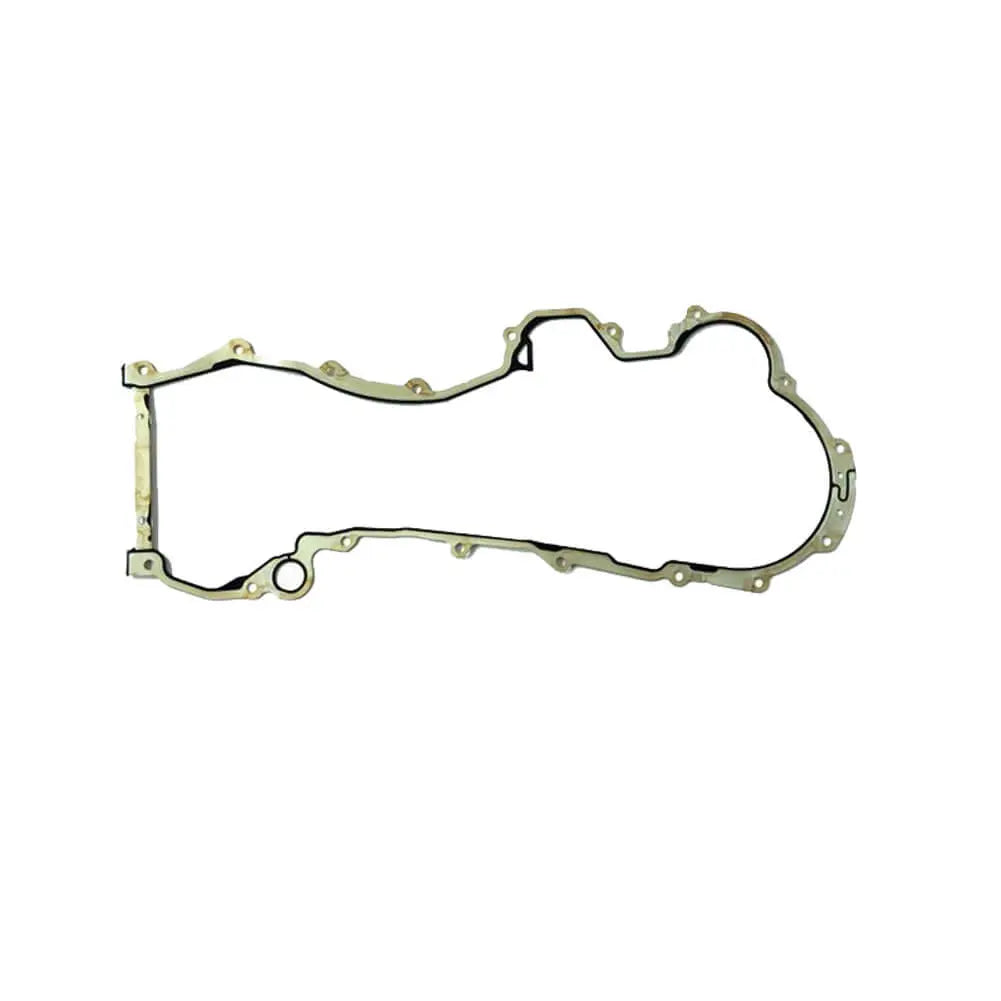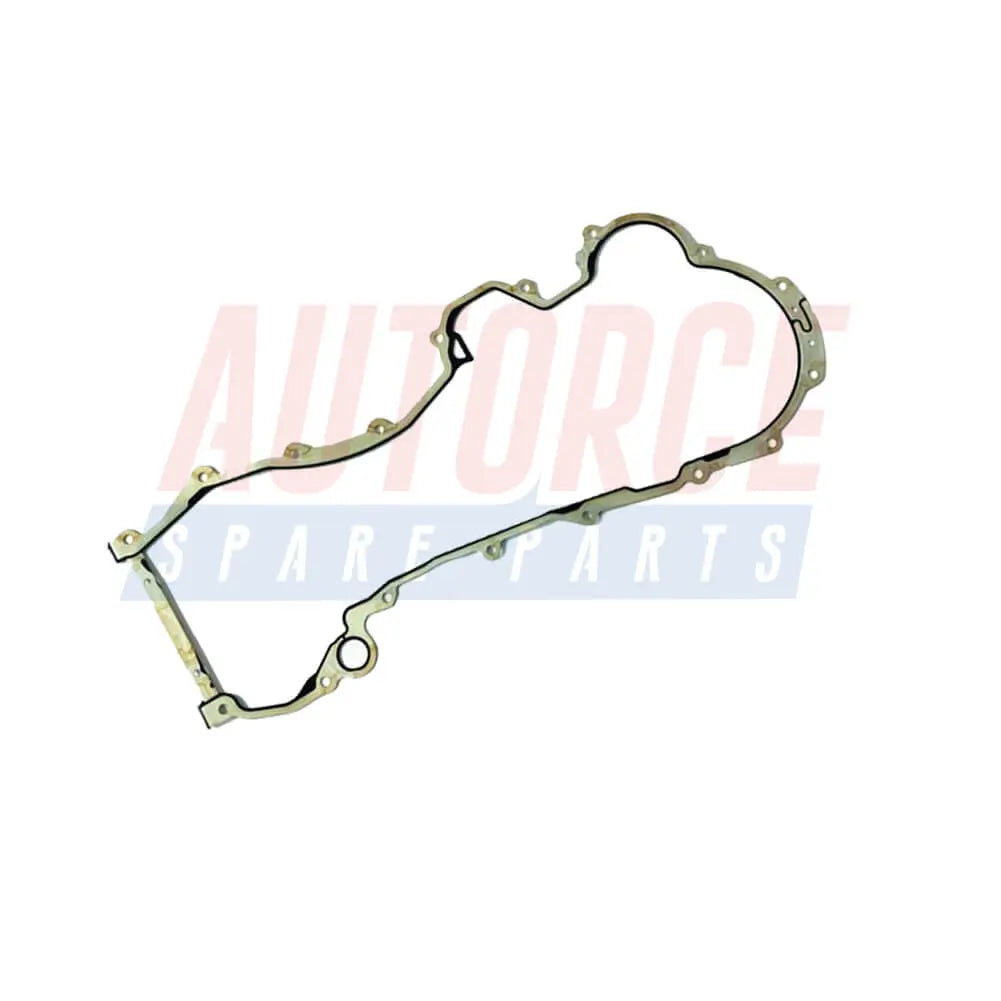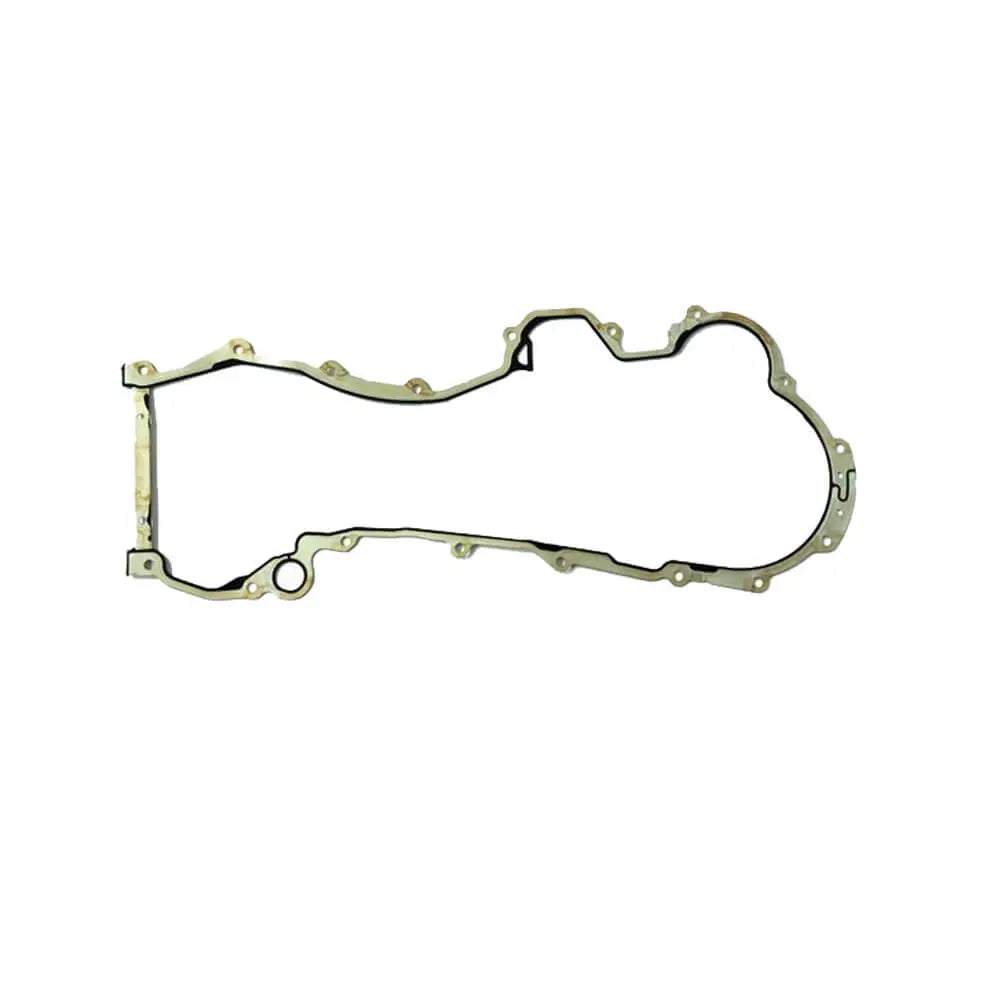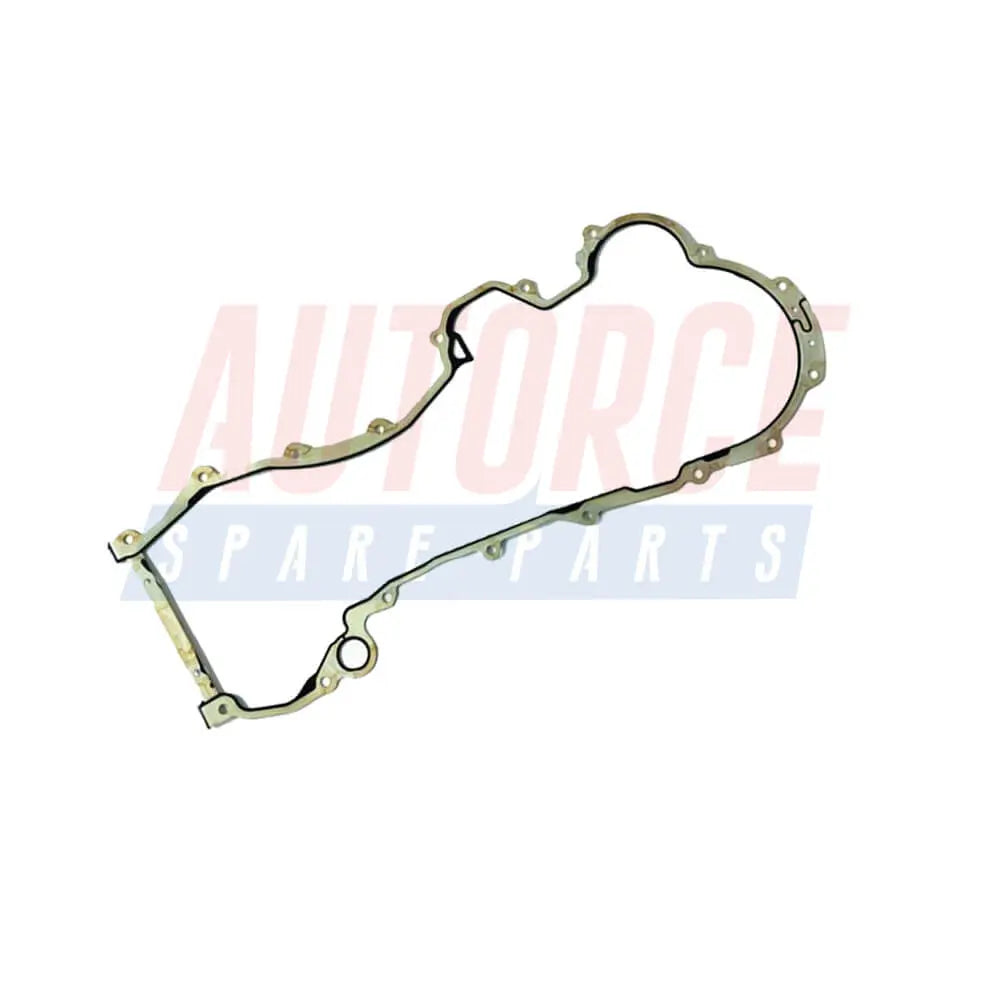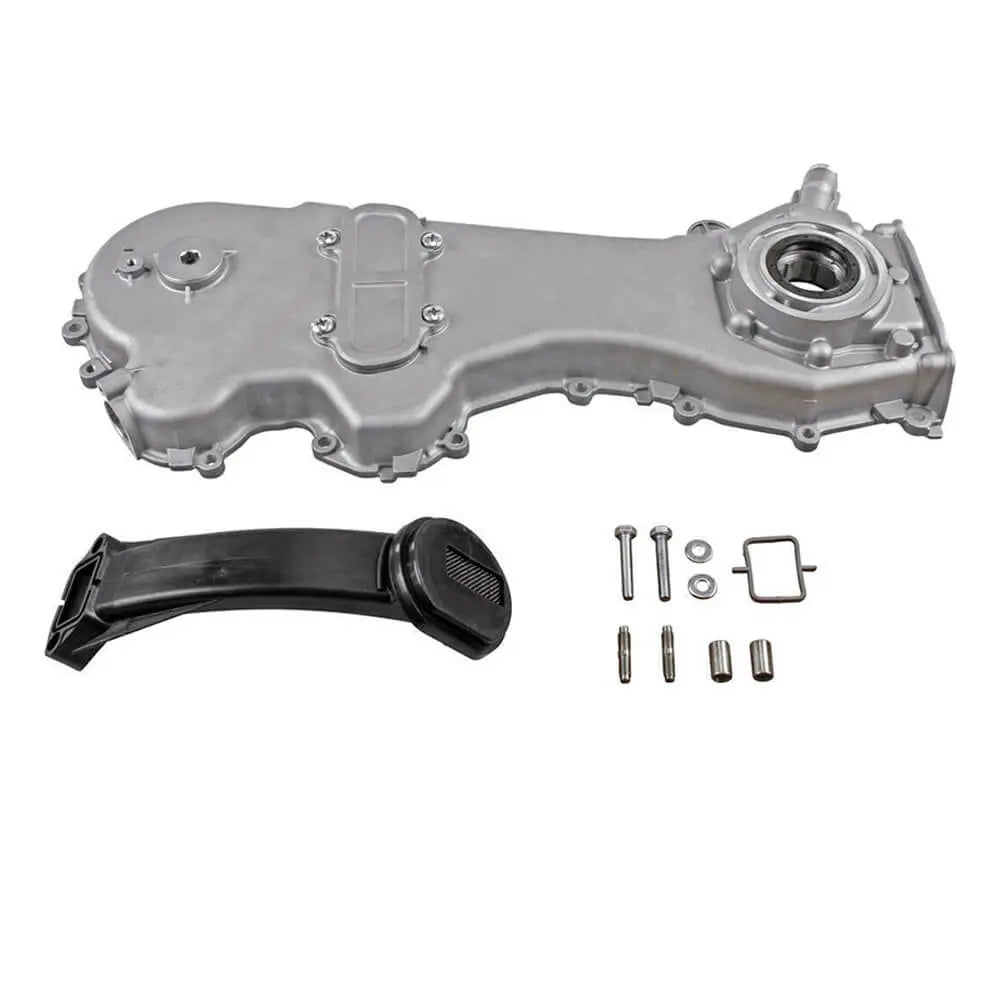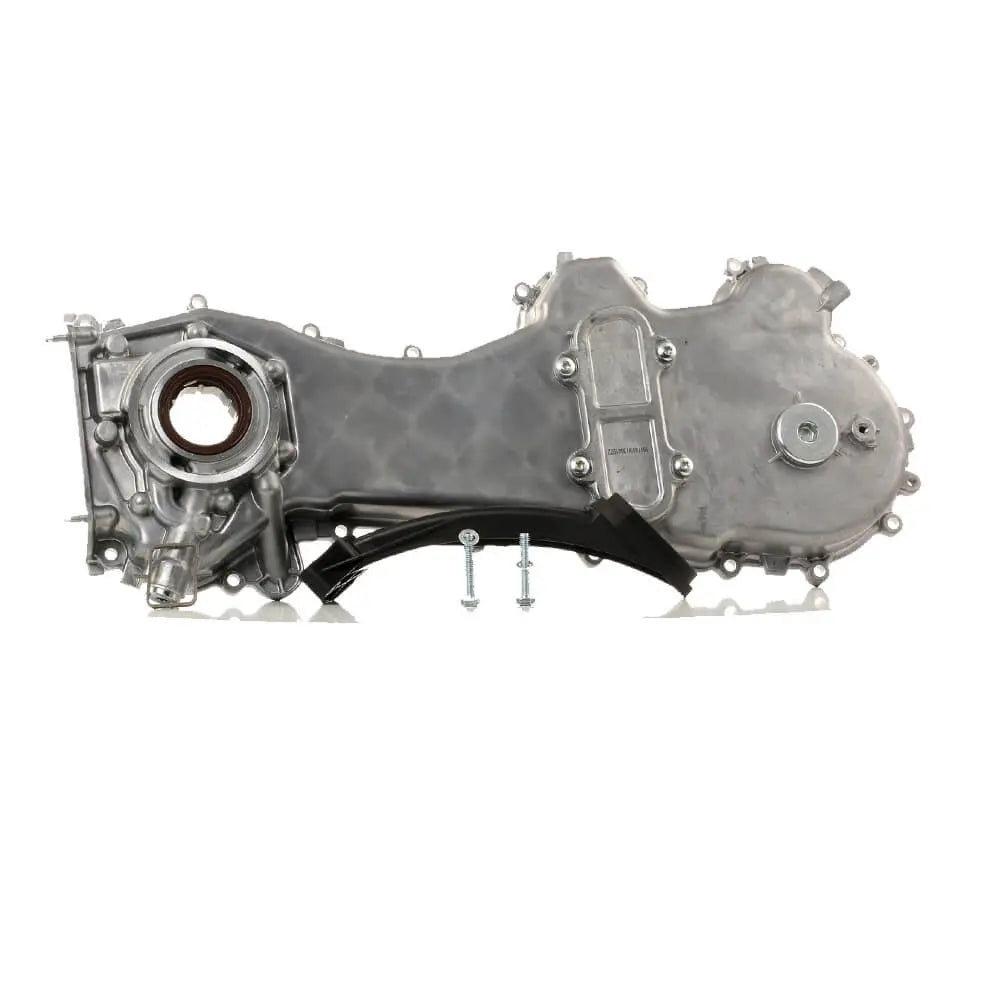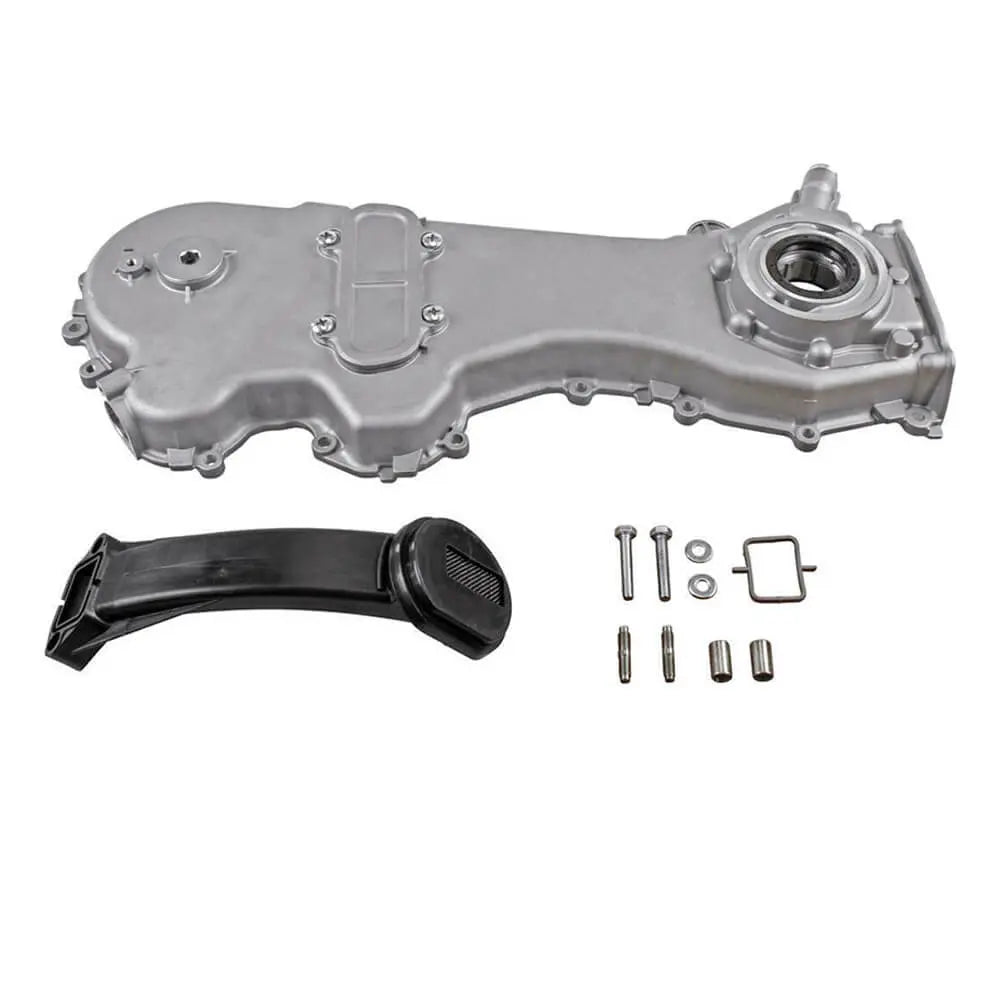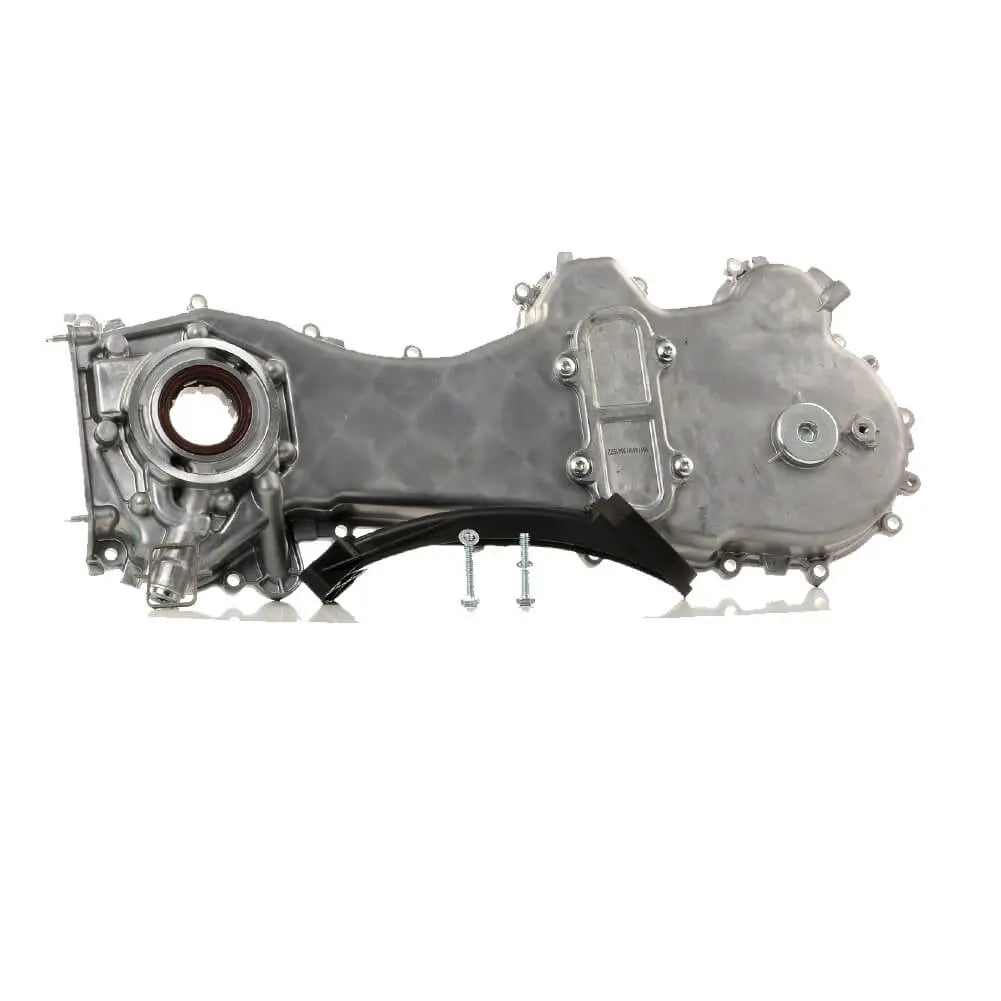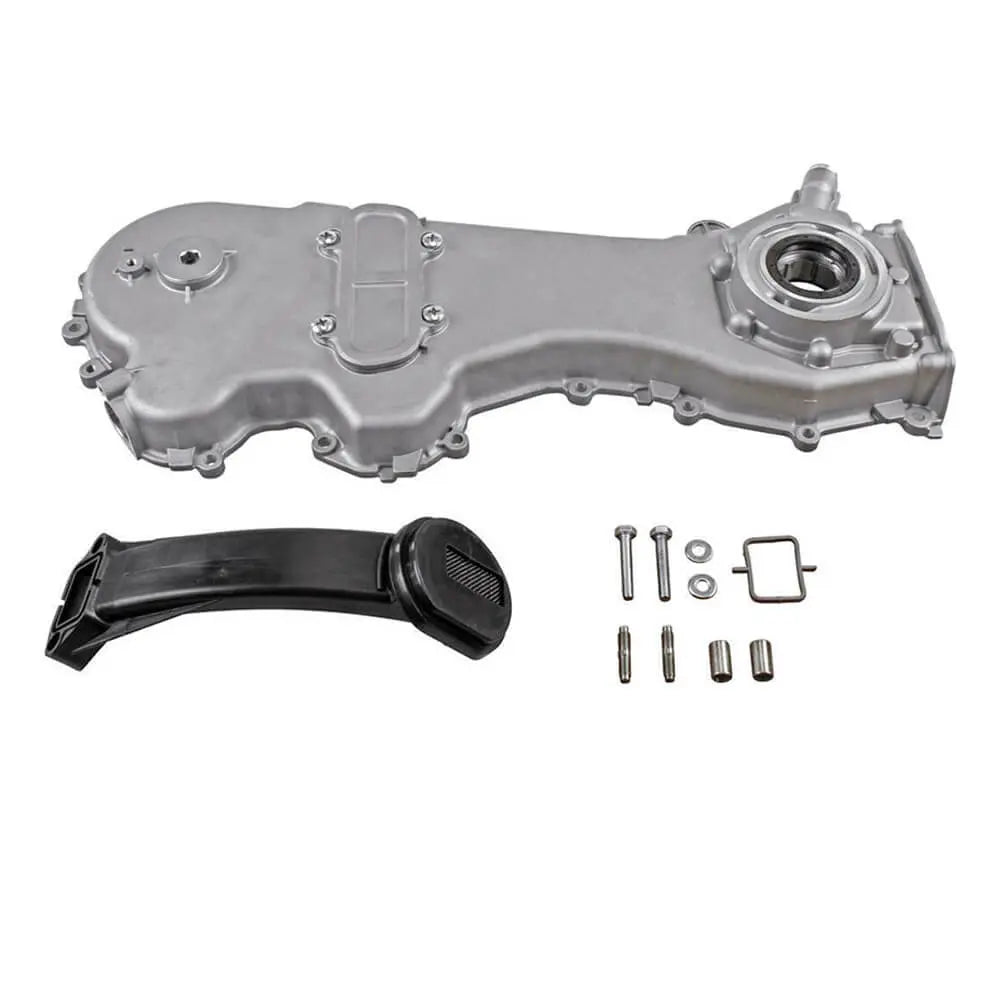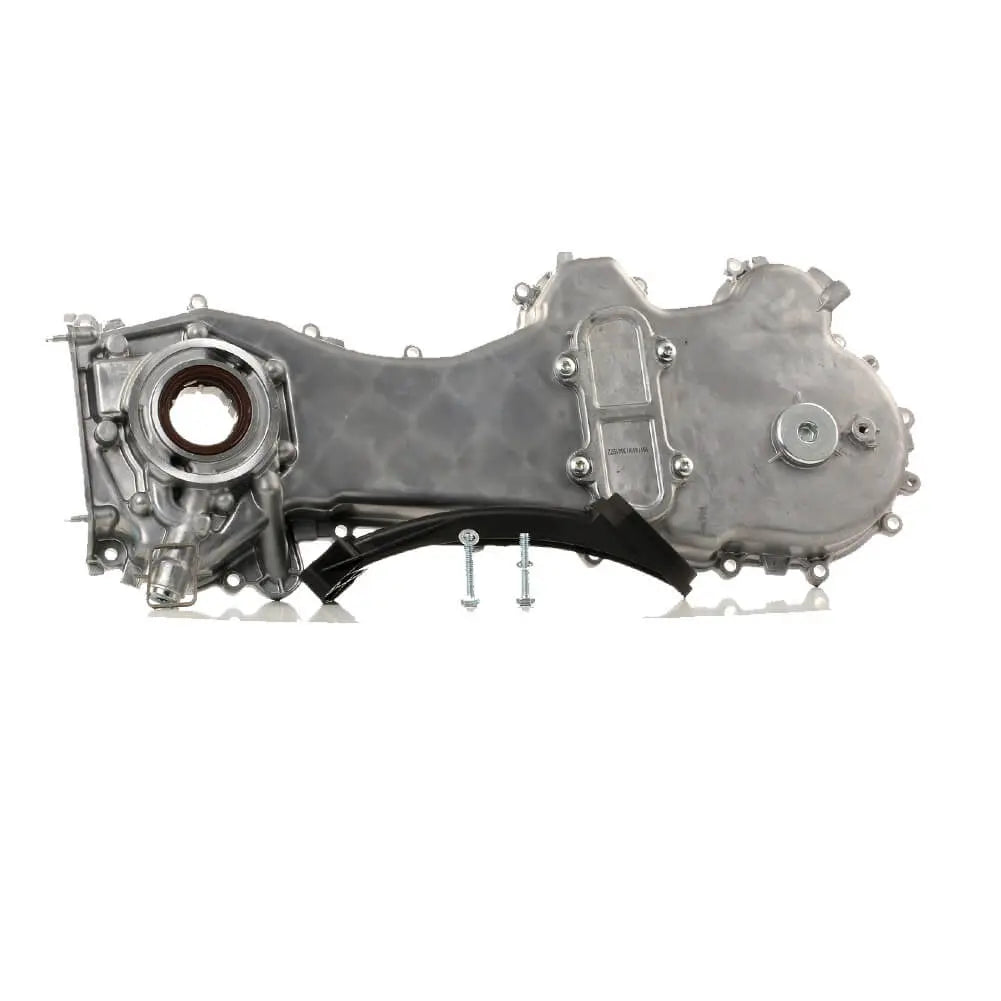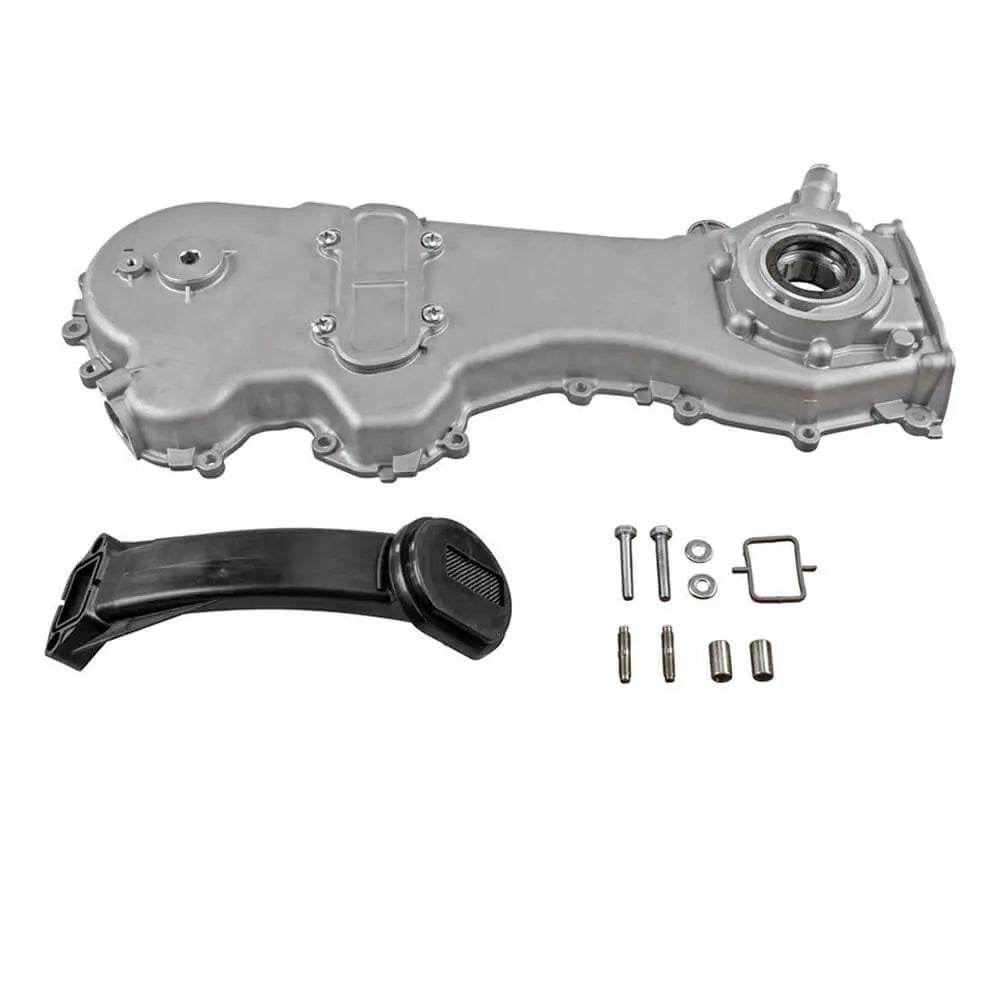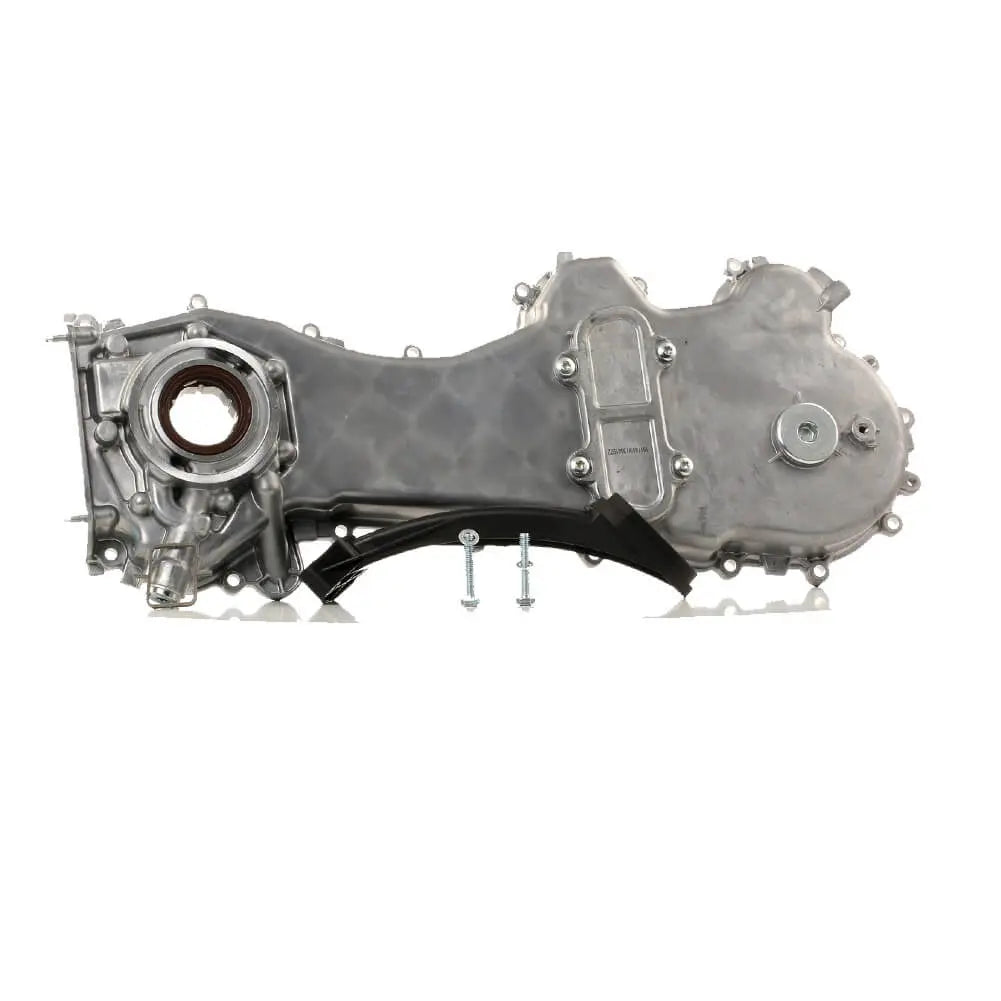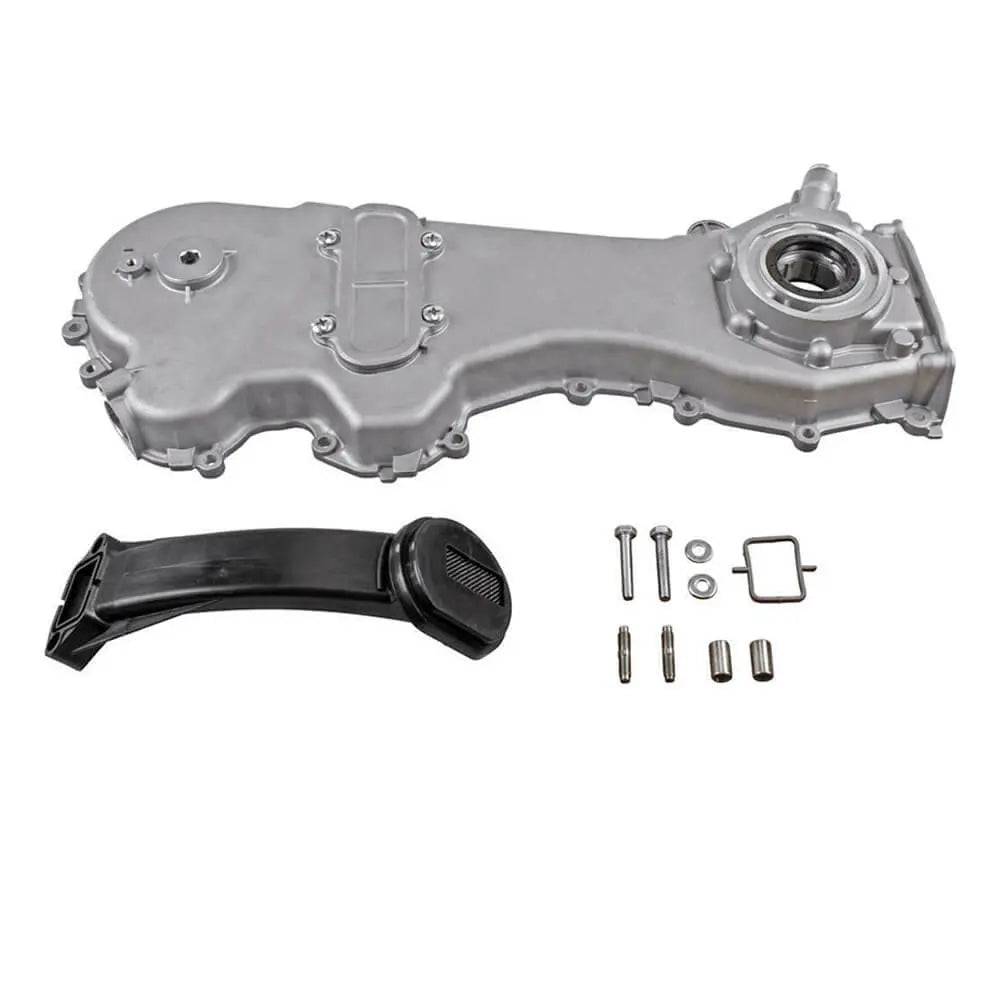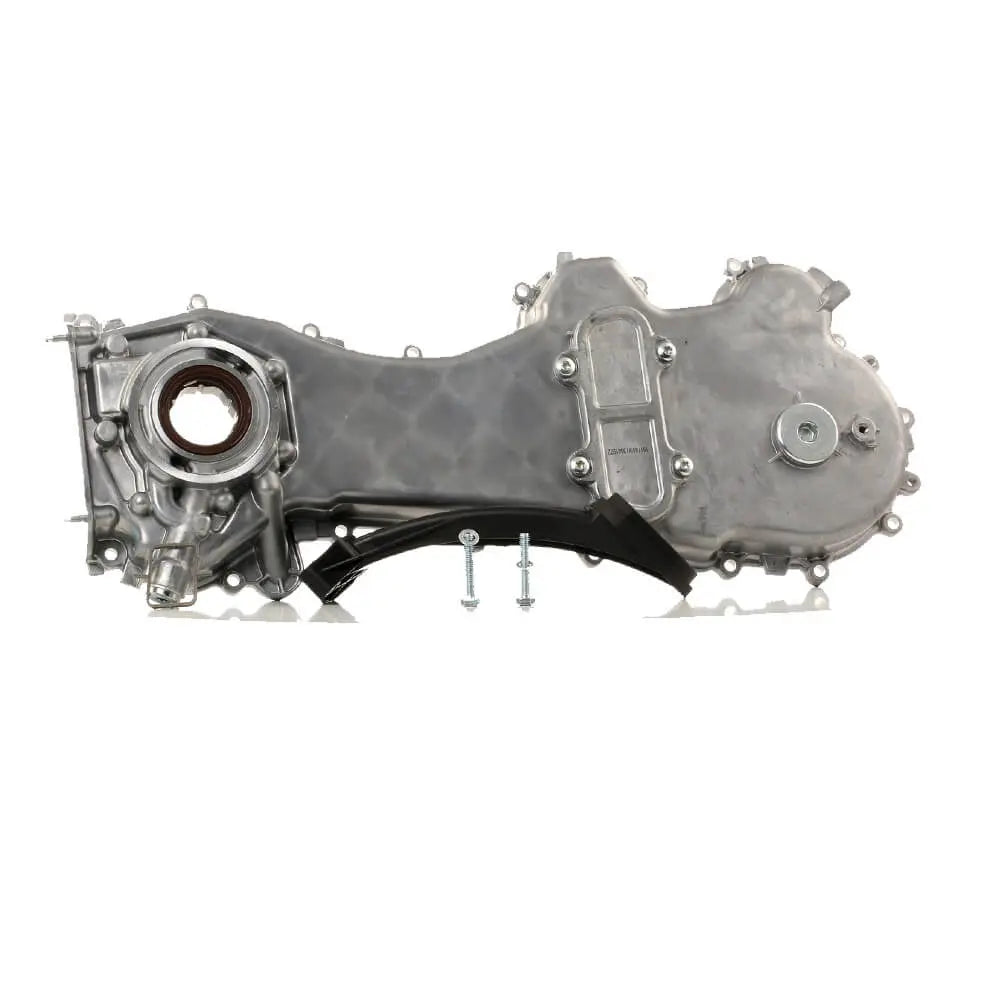Shop by Category
Oil Pump
11 products
Showing 1 - 11 of 11 products
Understanding the Vital Role of Oil Pumps in Automotive Engines
When it comes to the smooth operation and longevity of an automotive engine, one component plays a crucial role: the oil pump. While often overlooked, the oil pump is a vital part of a car's lubrication system, ensuring that the engine receives the necessary lubrication to function optimally. In this article, we will explore the importance of oil pumps, their functioning, and why regular maintenance is essential to keep them in excellent working condition.The Purpose of an Oil Pump:
An oil pump is responsible for circulating oil throughout an engine, supplying lubrication to its various components. Its primary purpose is to maintain proper oil pressure, ensuring that all moving parts are adequately lubricated to reduce friction and heat generation. By creating a continuous flow of oil, the pump ensures that critical engine components, such as bearings, camshafts, and crankshafts, receive sufficient lubrication for smooth operation.Oil Pump Functioning:
Typically located within the engine's oil pan, the oil pump is usually driven by a gear or chain connected to the crankshaft. As the engine rotates, the pump's gears or lobes rotate, drawing oil from the oil pan and forcing it through the engine's oil passages.Most oil pumps are of the positive displacement type, meaning they displace a fixed volume of oil with each rotation. They consist of an outer housing, an inner rotor, and a cover plate. The inner rotor is driven by the engine, while the outer housing contains passages for oil flow. As the rotor spins, it creates a vacuum that draws oil into the pump through a pickup tube. The oil is then pressurized and forced through the passages, ensuring proper lubrication to engine components.
Importance of Regular Maintenance:
To ensure the oil pump functions optimally, regular maintenance is crucial. Neglecting maintenance can lead to various issues, including inadequate lubrication, increased engine wear, and even engine failure. Here are a few key maintenance tasks related to oil pumps:1) Oil Changes: Regular oil changes are essential to maintain the quality and viscosity of the oil. Clean oil ensures that the pump can circulate it effectively and that contaminants do not clog the pump or the oil passages.
2) Filter Replacement: The oil filter prevents debris and contaminants from circulating through the engine. It is important to replace the oil filter during every oil change to prevent clogs that could hinder the oil pump's efficiency.
3) Inspection: Periodically inspect the oil pump for any signs of wear or damage. Leaks, unusual noises, or fluctuations in oil pressure can indicate a potential problem with the pump. Timely identification and repair of such issues can prevent further damage to the engine.
The oil pump is a vital component of an automotive engine, ensuring proper lubrication and preventing friction-related damage. By maintaining adequate oil pressure and circulating oil to all engine parts, the oil pump plays a crucial role in the engine's longevity and performance. Regular maintenance, including oil changes, filter replacements, and inspections, is necessary to keep the oil pump in optimal working condition. By prioritizing the health of your car's oil pump, you can enhance the lifespan of your engine and enjoy a smoother and more reliable driving experience.
Showing 1 - 11 of 11 products
Display
View
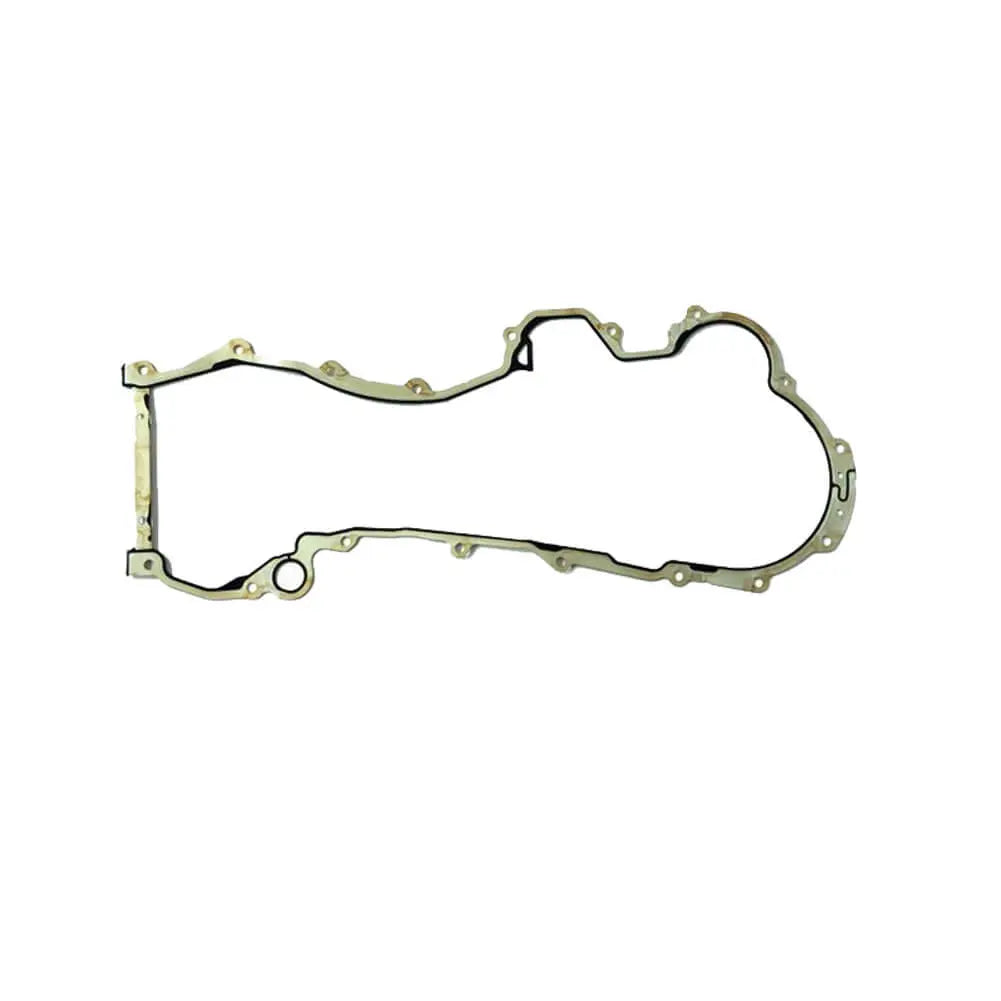
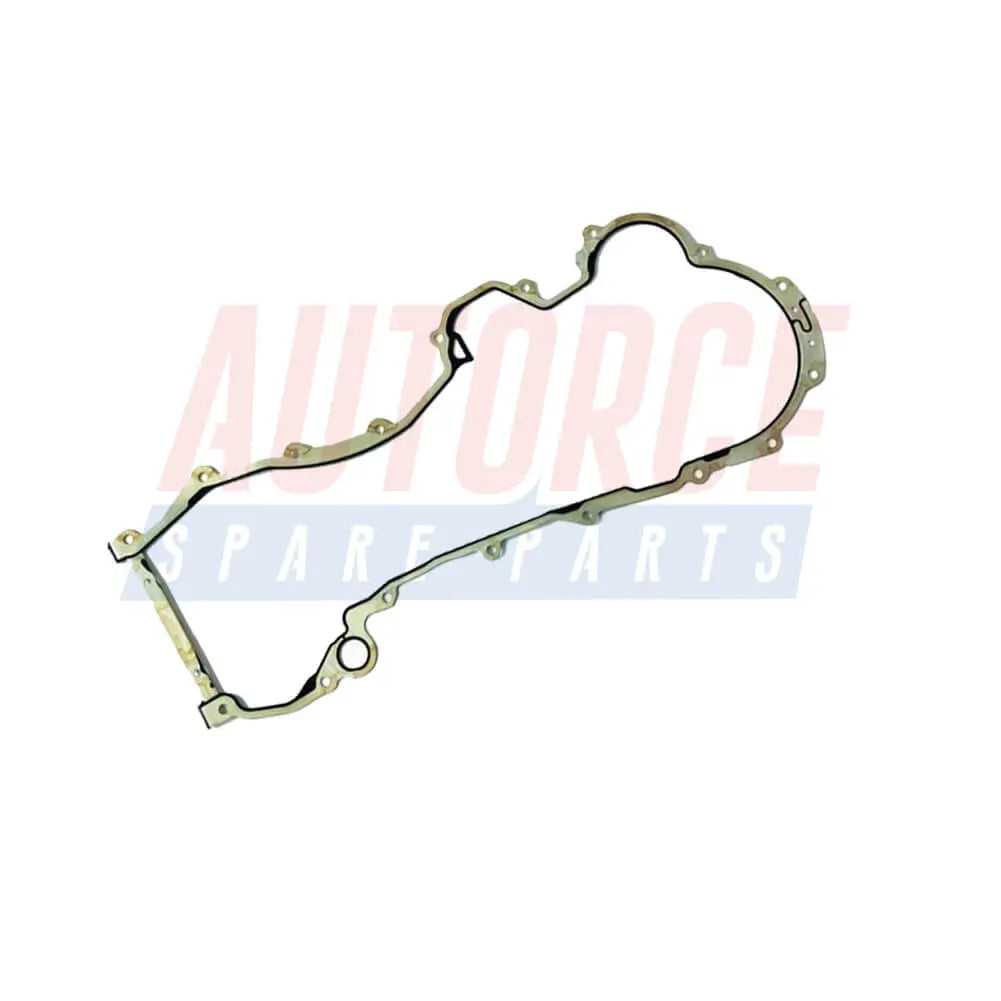
Timing Cover Gasket For Citroen Nemo For Ford KA For Peugeot Bipper - 0321.A1, 0805.K7
Sale price£11.90
No reviews
In stock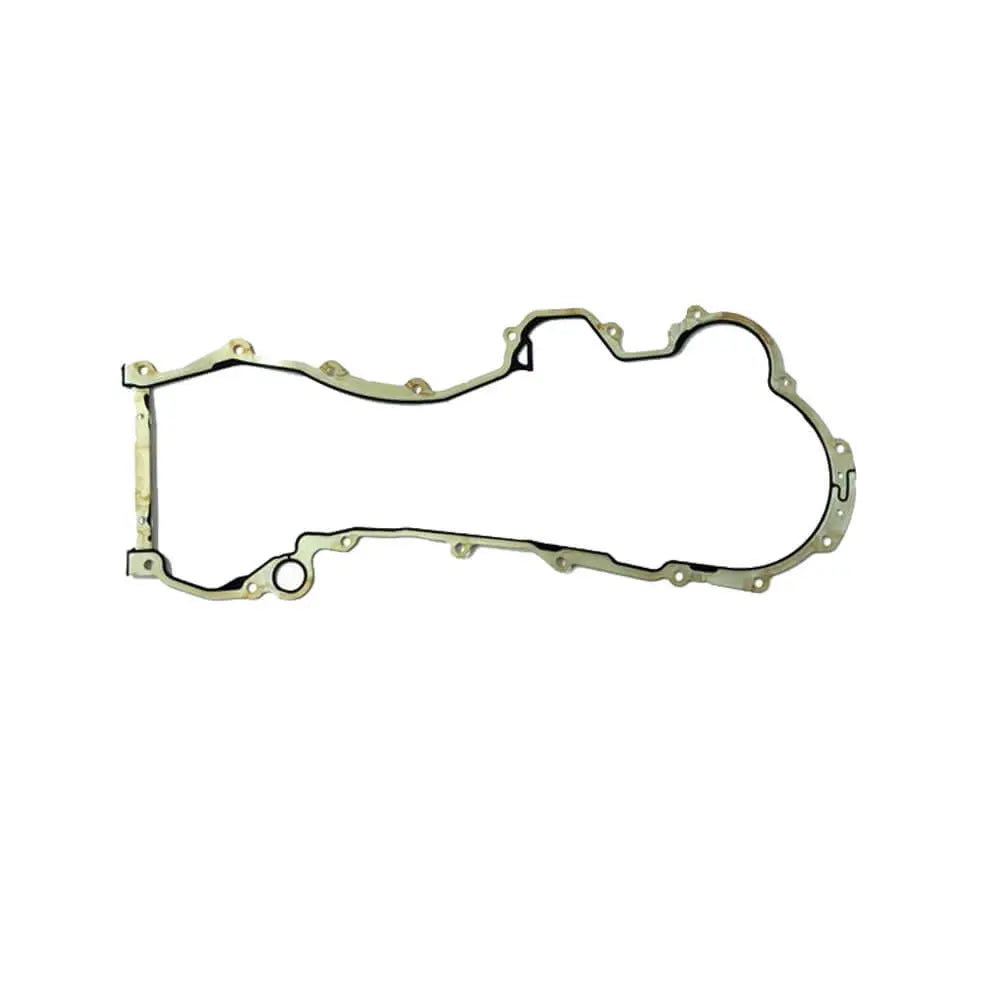
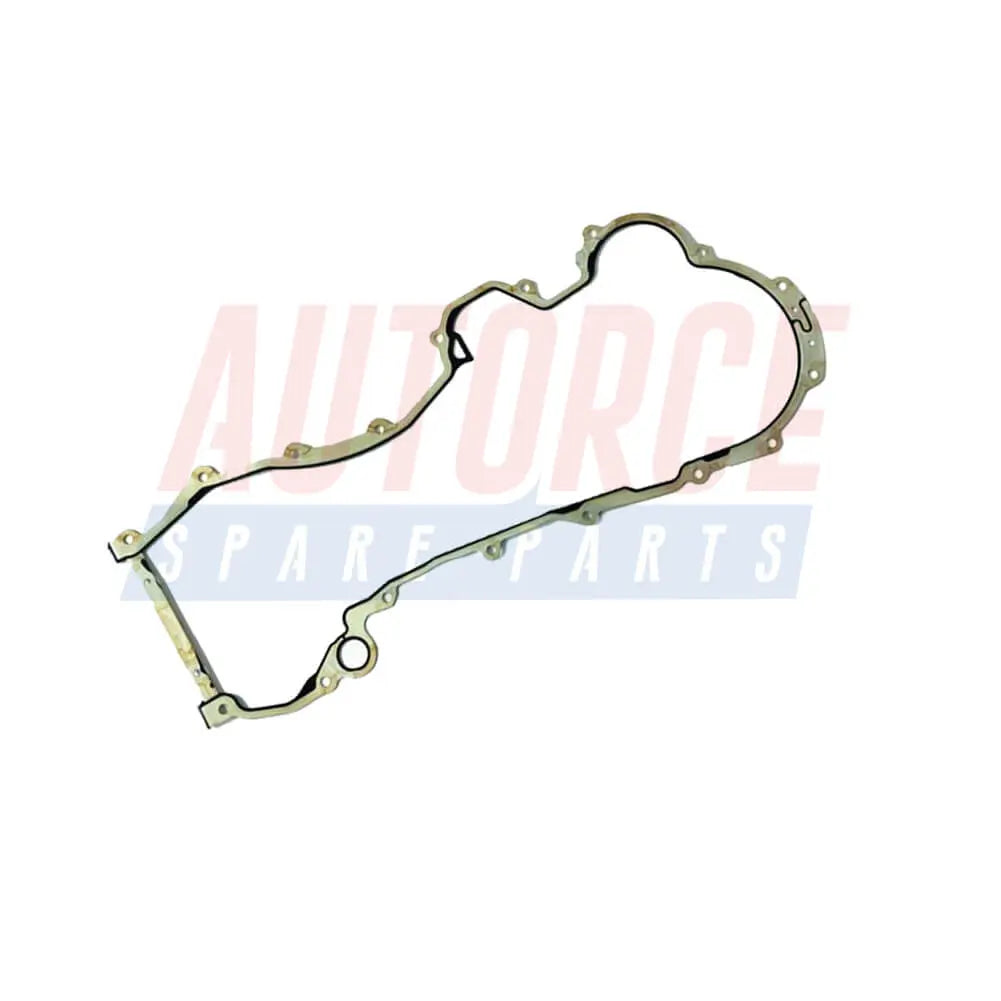
Timing Cover Gasket For Vauxhall Agila Astra Astravan Combo Corsa Meriva Tigra - 055265148
Sale price£11.90
No reviews
In stock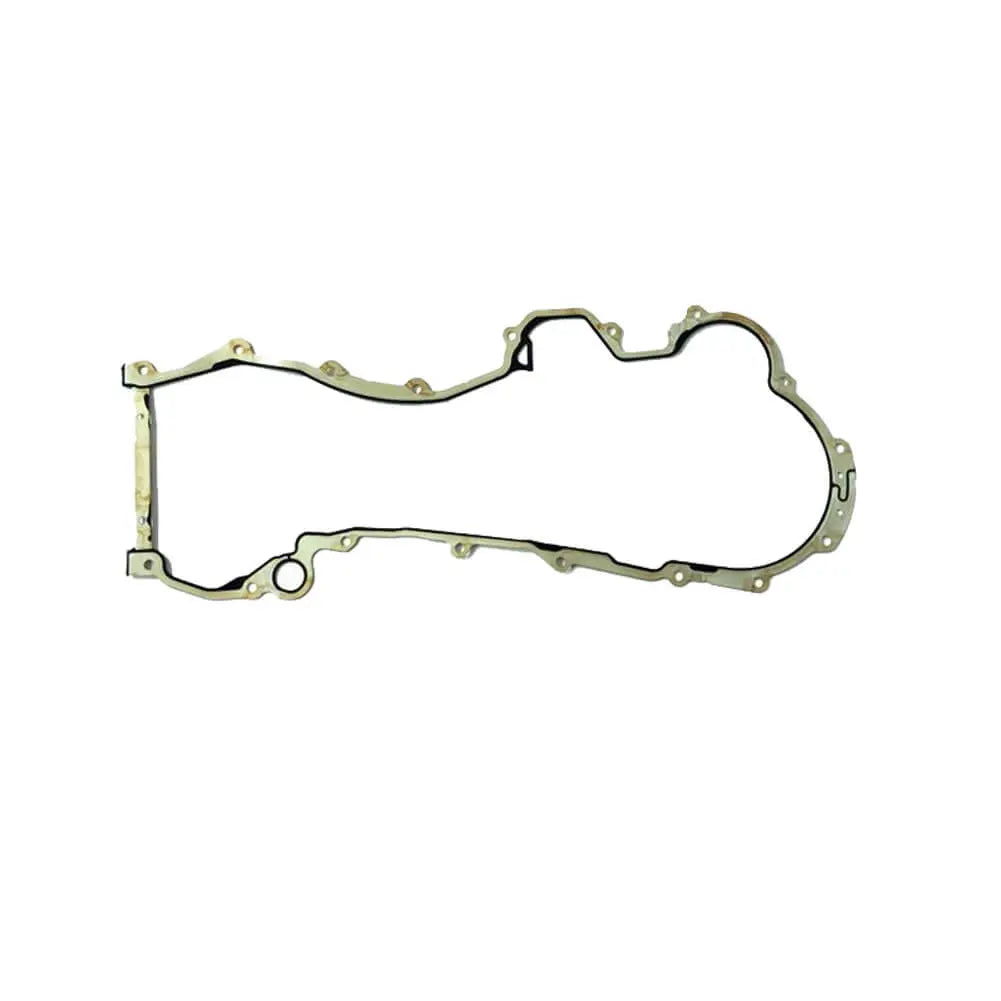
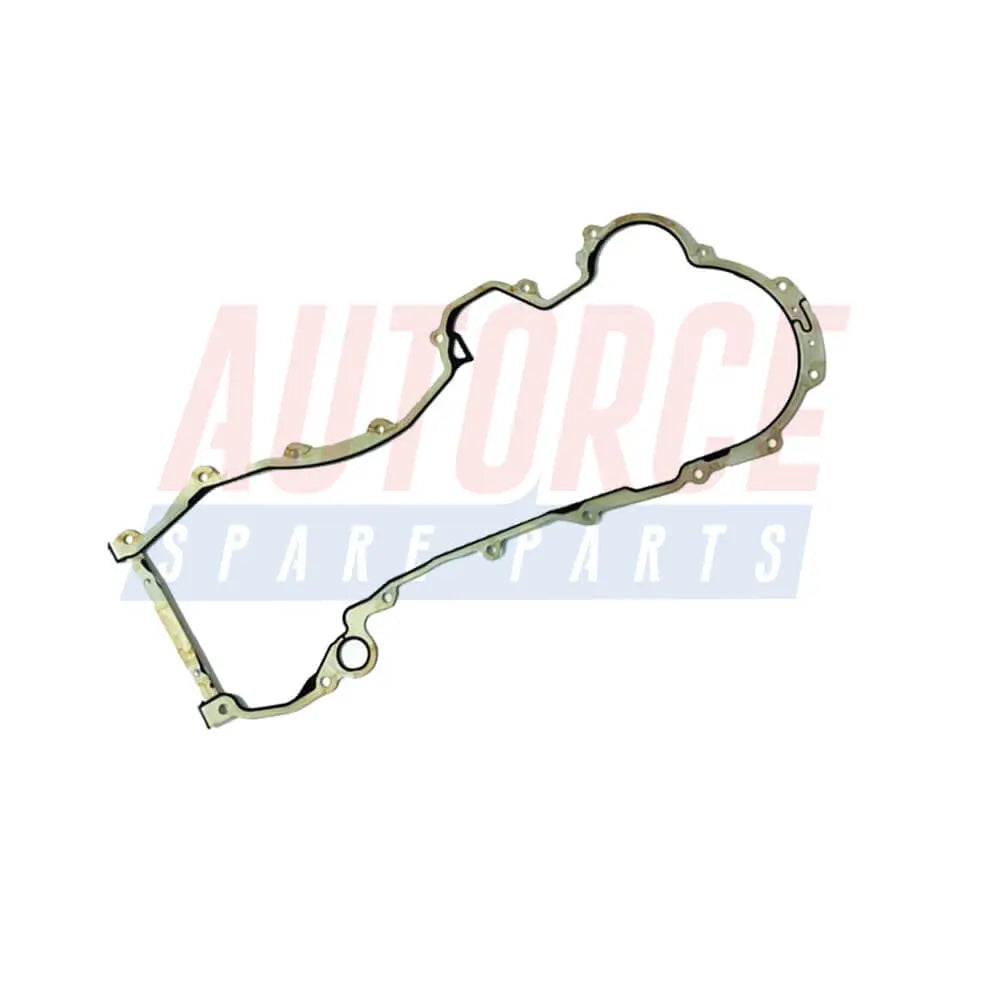
Timing Cover Gasket For Opel Agila Corsa Combo Meriva Astra Tigra Meriva - 055265148, 0646143
Sale price£11.90
No reviews
In stock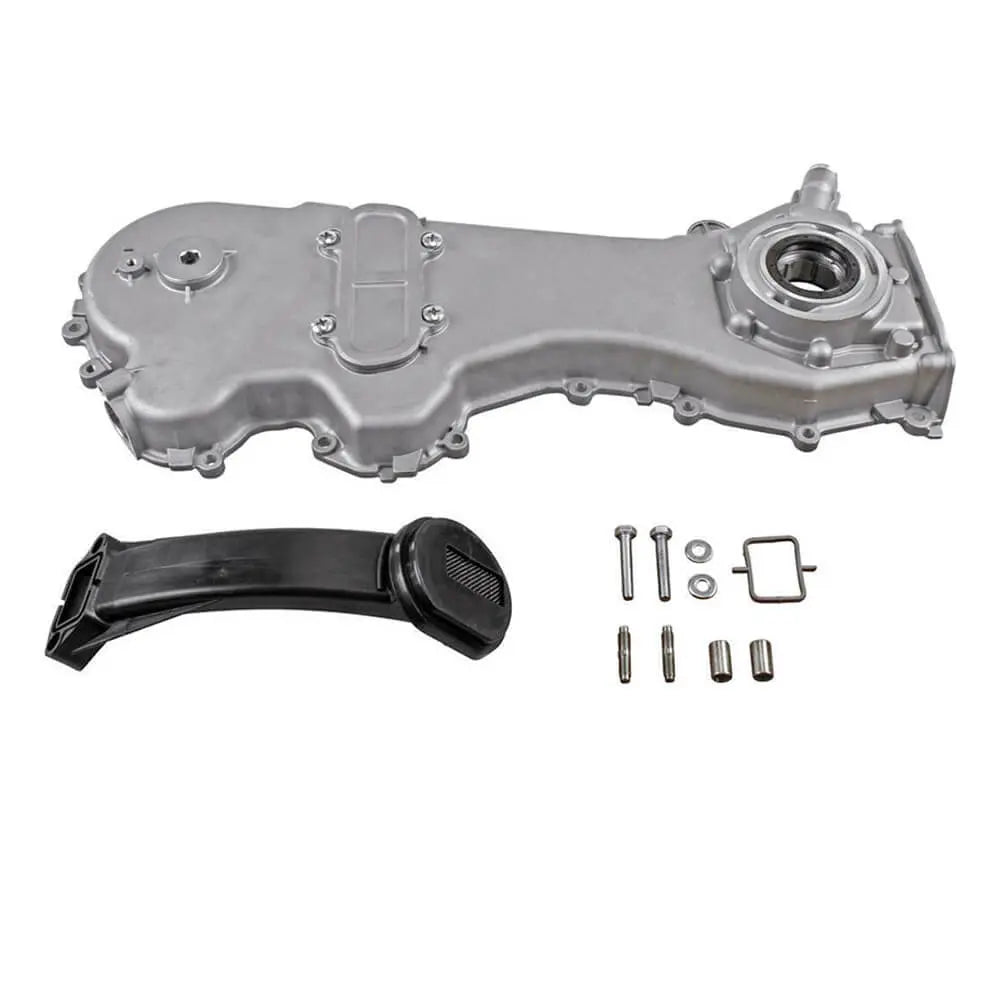
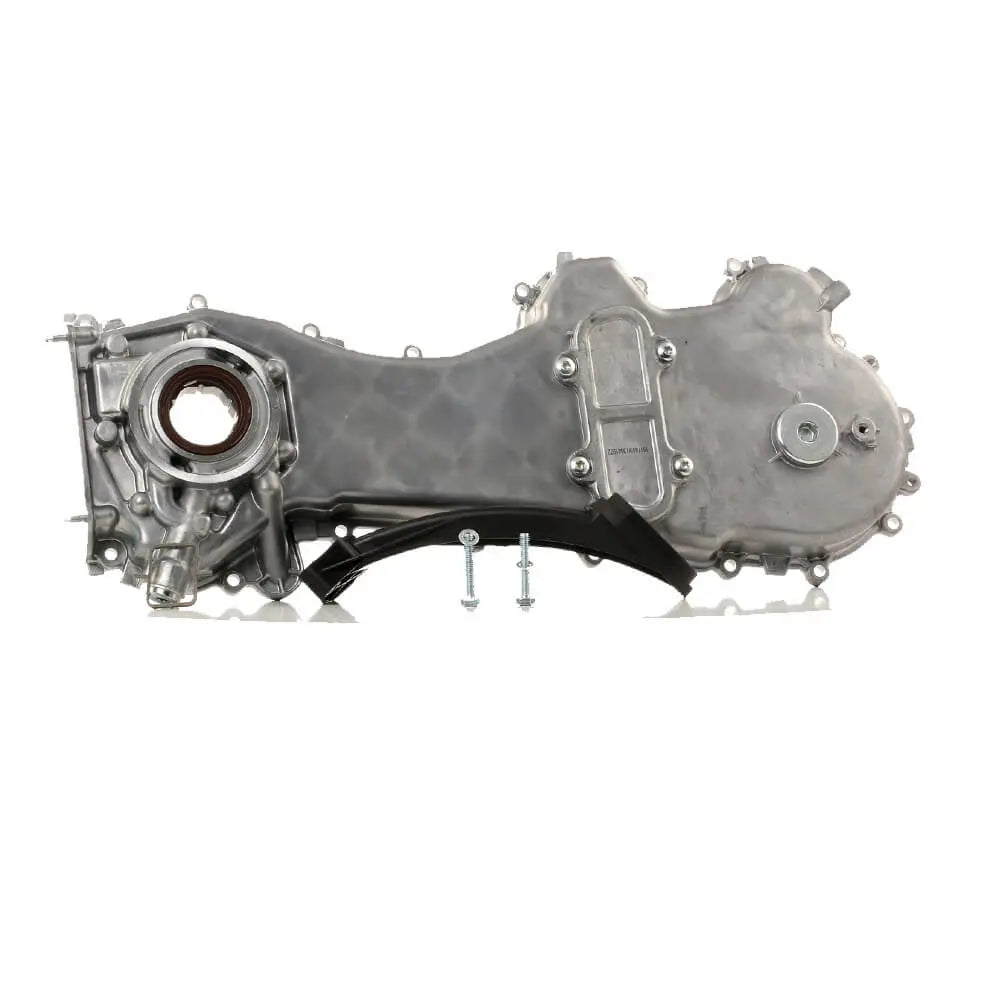
Oil Pump For Ford KA 1.3 TDCi For Suzuki Swift Ignis Wagon R+ 1.3 DDiS - 1723154, 1538742, 1652085E01
Sale price£149.00
No reviews
In stock
Filters (0)

